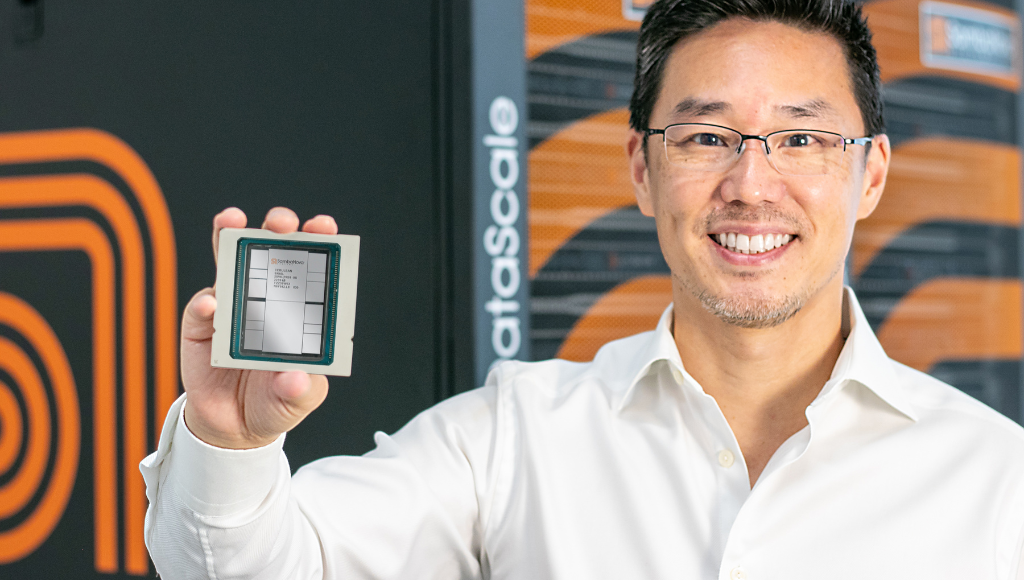Quantum computing, often lauded as the technological frontier poised to revolutionize various industries, faces a critical juncture marked by challenges and uncertainties. In this exploration of “Quantum Computing Challenges,” we delve into the insights of industry experts who provide a realistic assessment of the current state and hurdles faced by this groundbreaking technology.
The allure of quantum computing as the harbinger of groundbreaking technological advancements has sparked considerable enthusiasm, but a closer examination by industry experts reveals a more measured reality. In a comprehensive report by IEEE Spectrum, prominent voices in the field of quantum computing express reservations about the current state and future potential of this emerging technology.
The Quantum Hype Train
Quantum computers leverage the principles of quantum mechanics to perform computations beyond the capabilities of classical computers, capitalizing on phenomena like superposition and entanglement. While the potential applications in optimizing complex systems, modeling financial markets, and enhancing AI are captivating, doubts linger among experts. Yann LeCun, Meta’s Head of AI Research, and Oskar Painter, Head of Quantum Hardware for Amazon Web Services, are among those skeptical of the industry’s current hype, emphasizing the difficulty of distinguishing optimism from unrealistic claims.
The Quantum Error Problem
A significant impediment facing quantum computing is the prevalence of errors. Quantum computers, susceptible to noise and interference, risk producing inaccurate results due to the loss of quantum states in their basic units, known as qubits. Oskar Painter contends that quantum error correction, a process encoding information in multiple qubits to enhance resilience, is imperative for achieving reliability and scalability. However, critics argue that the sheer volume of physical qubits required makes this correction process challenging and potentially unattainable within a decade.
The Quantum Application Problem
Another challenge confronting quantum computing is the limited scope of its applications. Matthias Troyer, a technical fellow at Microsoft, questions the feasibility of numerous quantum algorithms proposed over the last decade, highlighting flawed or impractical assumptions. While quantum computing excels in solving problems deemed impossible for classical computers, Troyer asserts that its advantages lie not in speed but in tackling specific, quantum-hard problems. This revelation positions quantum computing as a niche technology, adept at solving a select few problems rather than a panacea for various computational challenges.
The Quantum Reality Check
Troyer’s analysis underscores the need for quantum computing to demonstrate clear advantages in solving specific problems, such as optimization, drug design, and fluid dynamics. Quantum algorithms, even with quadratic speedups, must surpass the computational efficiency of classical algorithms to be truly transformative. Moreover, the challenges of operating qubits make quantum computers inherently slower for smaller problems, leaving classical computers with a speed advantage. Data bandwidth limitations, particularly in data-intensive applications, further restrict the practicality of quantum computing.
Quantum Optimism
Despite these challenges, optimism persists within the quantum computing community. Scott Aaronson, a computer science professor at UT Austin, acknowledges the familiar skepticism surrounding quantum computing but points to recent progress, such as QuEra and Harvard’s experiment with 48 logical qubits. Yuval Boger, CMO of QuEra, notes a shift in timelines for fault-tolerant quantum computing, citing successful lab demonstrations of scalable quantum error correction.
While some companies redirect resources away from quantum computing towards AI, fueled by the success of models like GPT-3, experts caution against premature disappointment. Quantum computing, they argue, is a long-term vision that, when combined with classical computing, offers unique advantages for specific problems, including cryptography and quantum simulation. It may not replace classical computing but stands as a complementary tool, requiring patience and perseverance to unlock its full potential.






